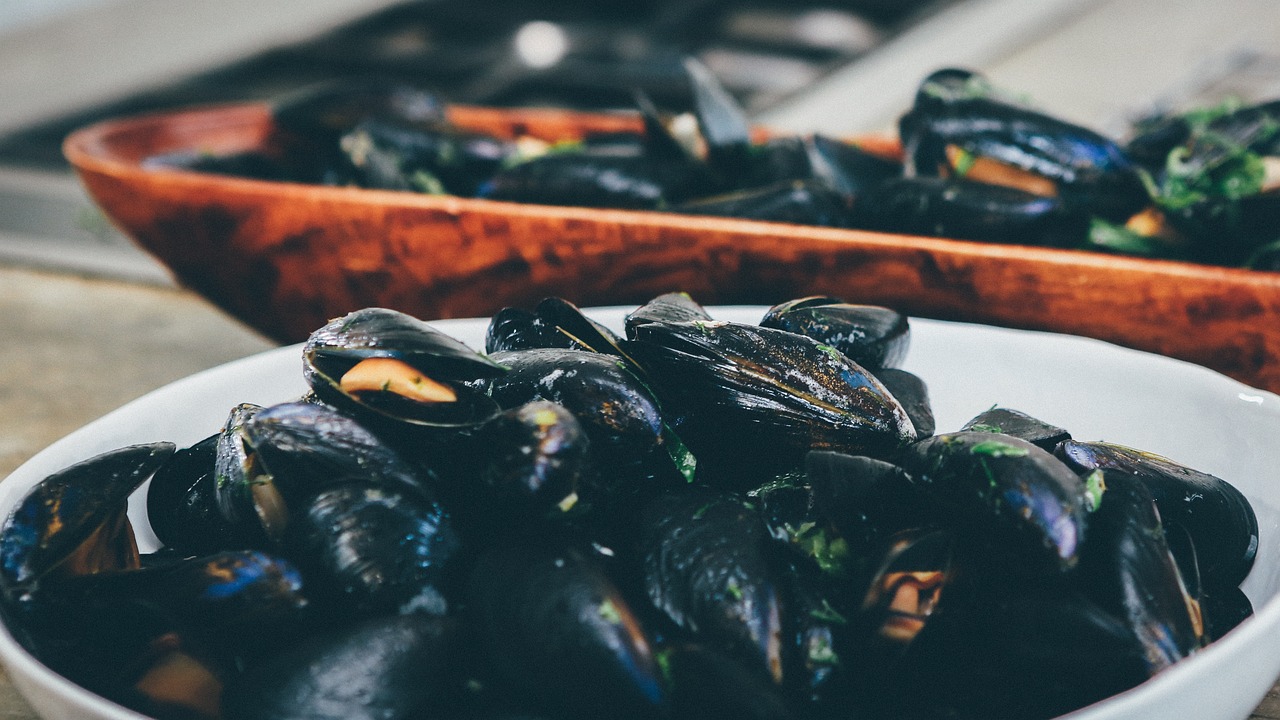Olive Oil and Heart Health: What Research Shows: 99exch, Laser247 club, World777 contact number
99exch, laser247 club, world777 contact number: Olive Oil and Heart Health: What Research Shows
If you’re like most people, you’ve probably heard that olive oil is good for your heart. But what exactly does the research say about this popular oil and its impact on cardiovascular health? In this blog post, we’ll take a closer look at the science behind olive oil and its potential benefits for your heart.
1. The Mediterranean Diet and Olive Oil
One of the main reasons why olive oil is often associated with heart health is its prominent role in the Mediterranean diet. This diet, which is rich in fruits, vegetables, whole grains, and healthy fats like olive oil, has been linked to a reduced risk of heart disease.
2. Types of Olive Oil
Not all olive oils are created equal. Extra virgin olive oil, which is made by cold-pressing olives without the use of heat or chemicals, is considered to be the highest quality and most beneficial for your health. Other types of olive oil, such as virgin and refined olive oils, may not offer the same level of heart-protective benefits.
3. Antioxidants in Olive Oil
One of the key reasons why olive oil is beneficial for heart health is its high content of antioxidants. These compounds help to reduce inflammation and protect your cells from damage, which can lower your risk of heart disease.
4. Monounsaturated Fats
Olive oil is also a rich source of monounsaturated fats, which have been shown to have a positive impact on cholesterol levels. By replacing saturated fats in your diet with monounsaturated fats from olive oil, you can potentially lower your LDL (bad) cholesterol and reduce your risk of heart disease.
5. Blood Pressure Benefits
Research suggests that olive oil may also help to lower blood pressure, which is another key risk factor for heart disease. The anti-inflammatory properties of olive oil may help to relax blood vessels and improve circulation, leading to better heart health.
6. Olive Oil and Inflammation
Chronic inflammation is a common underlying factor in many chronic diseases, including heart disease. Olive oil’s antioxidants and anti-inflammatory properties may help to reduce inflammation in the body, protecting your heart and overall health.
7. Cooking with Olive Oil
When it comes to cooking with olive oil, it’s best to use it at lower temperatures to preserve its health benefits. Avoid heating olive oil to high temperatures, as this can cause it to break down and lose some of its beneficial properties.
8. Incorporating Olive Oil into Your Diet
To reap the heart-healthy benefits of olive oil, try incorporating it into your daily diet. Use it as a salad dressing, drizzle it over roasted vegetables, or use it to saut頭eats and seafood. Just remember to use it in moderation, as olive oil is still a calorie-dense food.
9. FAQs
Q: Is olive oil good for your heart?
A: Yes, research suggests that olive oil can have a positive impact on heart health due to its high content of antioxidants, monounsaturated fats, and anti-inflammatory properties.
Q: What is the best type of olive oil for heart health?
A: Extra virgin olive oil is considered to be the best type of olive oil for heart health, as it is made using a cold-pressing process that preserves its beneficial compounds.
Q: How much olive oil should I consume for heart health?
A: The American Heart Association recommends consuming about two tablespoons of olive oil per day as part of a heart-healthy diet.
In conclusion, the research shows that olive oil can be a valuable addition to your diet for heart health. By choosing high-quality extra virgin olive oil and incorporating it into your meals, you can enjoy its many benefits for your heart and overall well-being.







